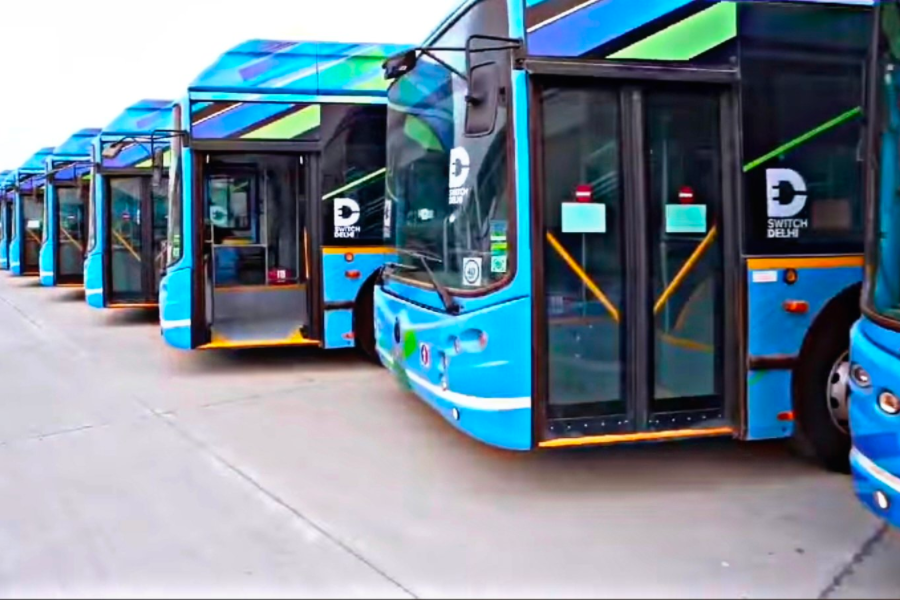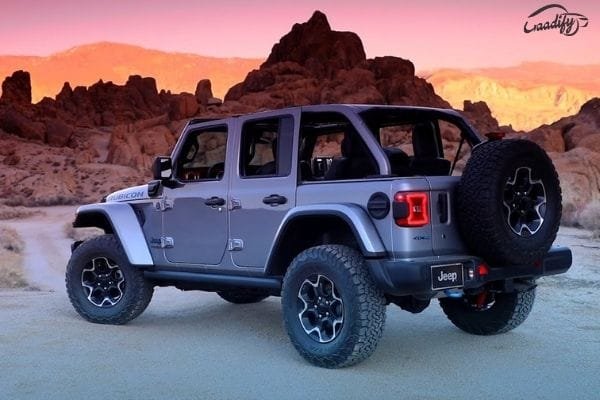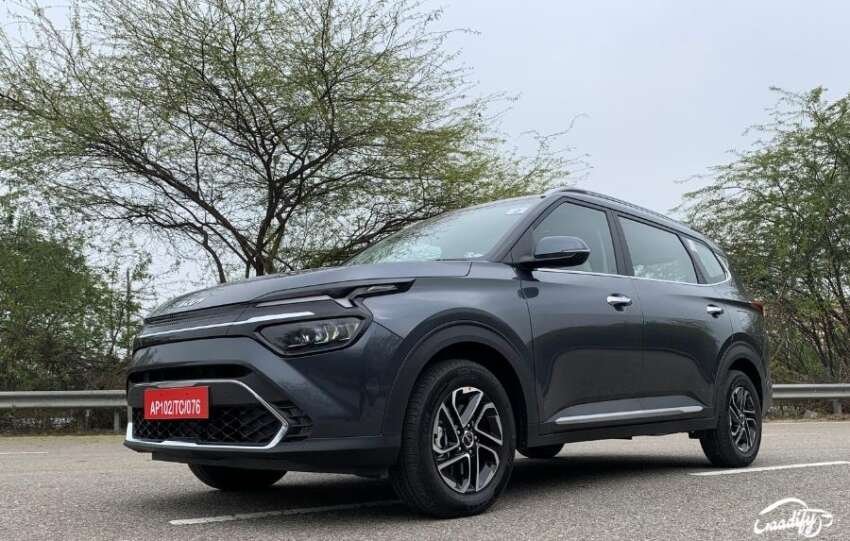The Energy Transition Advisory Committee (ETAC) from the Petroleum Ministry has given their final report, which proposes a ban on all diesel cars and other 4-wheelers in cities with a population of more than one million by 2027.
The advisory panel headed by Tarun Kapoor, former petroleum secretary to PM, has also suggested various other crucial measures to formulate a comprehensive energy transition strategy.
Here are some key recommendations by ETAC for green shifts: –
- As mentioned above, the committee says to ban diesel-powered cars/4-wheelers in cities with a population exceeding 1 million by 2027.
- The plan is to eventually switch to electric vehicles (EVs) in the long run, but for the next 10-15 years, compressed natural gas (CNG) will be used as a temporary fuel during the transition period.
- Vehicles with flex-fuel capabilities and hybrids may also be promoted in the short & medium terms.
- Four-wheelers, including passenger cars and taxis, to partially shift to electric and partially to ethanol blended petrol with almost 50% share in each category.
- No diesel-powered city buses should be added in urban areas from 2024 onwards.
- By 2030, no city buses should be added which are not electric.
- Long-distance buses should be powered by CNG/LNG or electric means with swappable battery technology.
Also Read: Union Budget 2023-24: Updates For The Automobile, Road Transportation, and Energy Sector

- From 2024, all new registrations for city delivery vehicles should only be electric so that 75% of the delivery vehicles can be electric in all million-plus cities and other specific cities in the next 10 years. Other transition fuels could include ethanol and methanol blends.
- ICE-powered 2 and 3-wheelers should be banned by 2035 and EVs should be promoted as the best replacement option. However, until then, the government should support the use of ethanol-blended fuels that have more and more ethanol mixed into them gradually.
Also Read: Nitin Gadkari Calls For US Investor To Invest In Road, Highway Projects In India

- For intercity buses, the plan is to ultimately use only electric buses, but in the meantime, compressed natural gas (CNG) or liquefied natural gas (LNG) should be used as temporary fuels during the transition period. Compressed Biogas (CBG) may also be used to supplement the fuels. But in the long run, the focus should be on transitioning to railways and other forms of mass transit systems.
- The committee has also advised promoting LNG-based transport in the LCV & HCV segments.
- The railway share of cargo, which is currently at 23%, should be increased by over 50%.
- The main objective for surface transportation is to shift towards electric mobility. To do this, the government needs to provide support to create an environment that allows for EV-based transportation. This support can be in the form of policies and financial assistance.


